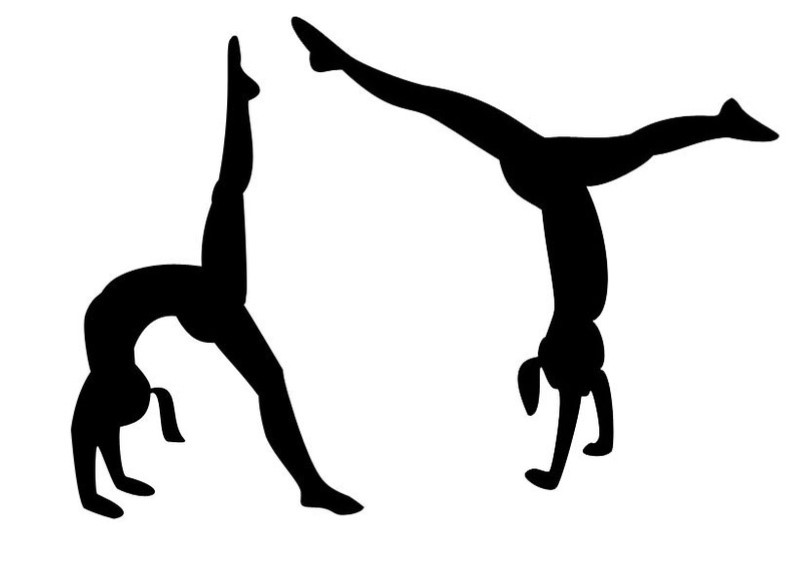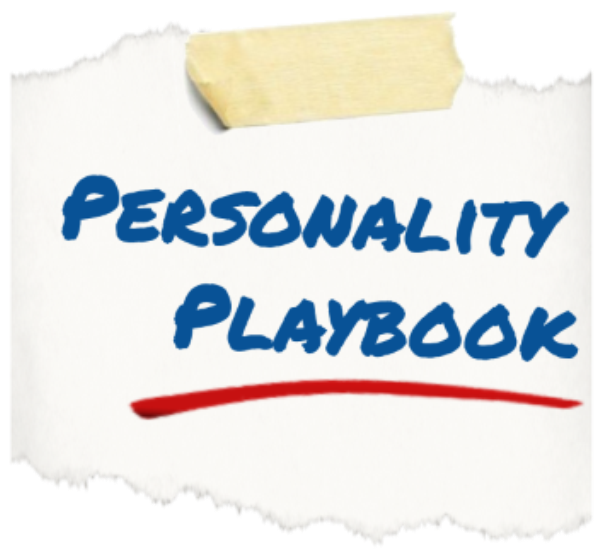
So, you’ve taken the Myers-Briggs Type Indicator®. Maybe you struggled through deciding which way to vote on some of the questions. Perhaps the answering of the questions went fine, but the interpretation or the type description brought you doubt. Either way, you may feel like you are surrounded by people who are having MBTI® “Ah ha!!” moments while you are feeling totally stuck on the fact that you either want to find your best-fit type, claim 3 types (a triceratype, if you will), or deem the MBTI® evil and stupid.
First, let me assure you that the MBTI® means you no harm, and it is ok to struggle with discovering your best-fit type. Committing to going through this struggle will almost certainly provide you with the amazing rewards of knowing yourself better, in the end, and that is a worthy pursuit! Second, let’s look at some possible reasons for your struggle…
Why Do I Struggle With Type?
- Assessment – There is only one, genuine MBTI®, and there are about a million knockoffs! If you found a type assessment on a website, and you didn’t pay for it, it was not the real MBTI®, and it may have been wildly inaccurate. I once took a little quiz that claimed to determine type, which provided a result of ESFP… As an INFJ, if this had been my first experience with type, I’d probably be pretty confused right now! The only way to take the real assessment for free is if your school, business, organization, or a kind benefactor pay for it for you. Besides the fact that the real Myers-Briggs® has over 70 years of testing and research behind it, it also comes with an interpretation by a trained practitioner who can talk through concerns and questions with you to determine your best-fit type.
- Information Sources – There is a lot of really great information in the world about the MBTI®, but there are also more websites written by those who are untrained in the proper use of the instrument than I can count. There are also websites on types that are based on Jung’s work that are different from Myers-Briggs® (cognitive functions, etc.) while being similar enough to be confused with MBTI®. I have also run into cases where individuals will use information from good sites that are intended for fun to determine type, such as my article on Nightmares of the 16 Types. These are meant for laughs, not to determine type. Make sure you are reading quality information on Myers-Briggs® to help you in your quest to determine type!
- Environment and Upbringing – This one’s a biggie! If your parents, teachers, friends, bosses, or anyone else with a big impact on you have been a different type than you, you may have adapted parts (or all) of your type to fit the styles or wishes of those individuals, without even realizing what you were doing. The same goes for having jobs that require you to exercise your non-preferences regularly. If you practice enough, you may lose sight of who you are… but that doesn’t mean you have lost who you are.
- A Perfect Match – Sometimes type struggle comes from expecting every detail of a type description to match the person of that type. If that were true, we would be more robotic than human! All of us are individuals before we are types… That is very important to remember, and Myers-Briggs® does not argue with that notion. The description of your best-fit type should fit you better than the other 15 descriptions, but almost no one will agree with every word of the description. On the flip side, description that are one or two letters off from your description will likely still sound a bit like you because you share 2 or 3 preferences. What you are looking for is a best-fit… not a machine that has drilled into your mind, stolen your every thought and experience, and placed it on the page in front of you.
Of course, this is not an exhaustive list, but these are very common roadblocks in the road to discovering type. With that out of the way, it’s time to look at questions that can help you sort through the confusion to determine your type.
Which Type Fits?
For each preference you struggle with, look at the following things.
- Preference Use – Do you find that you use one preference at work to complete required tasks and the other at home, when the pressure is off? Maybe one gets the best reaction from your kids, but the other is used when they are at school. Do you have to use Judging to get work done for school but use the Perceiving method of going with the flow in most other parts of your life? Which preference do you use because it is required by the role of employee, boss, parent, child, student, etc., and which is the core of who you are? What you do when left to your own devices… That is your preference.
- How You Feel – When you do detail oriented projects (using Sensing), does it feel natural or tiring? Is brainstorming ideas (using Intuition) something that invigorates you, or does it keep you from dealing with the realities of the here and now that are on your desk? If using a preference makes you feel drained after using it for awhile, it’s probably not your preference.
- Stress – When you use Feeling, does it tend to be during times of calm, or does it come out when you are stressed to the point of wanting to throw in the towel? Sometimes, stress is such a common state that it seems like the natural state, but it doesn’t represent who you are at your core.
- Common Questions – Below are some of the most common preference confusions.
- Extraversion and Introversion – “I am an Extravert when I am around my close group of friends that I’ve known forever. I am really talkative and it doesn’t make me super tired to be around them, but when I am in big groups and with people I don’t know, I am an Introvert, and I don’t say much.” This is a VERY common statement, and ALL of this behavior is totally normal for someone who prefers Introversion. Remember that Introverts enjoy being around people, but they are more comfortable around people they already know and in small groups or one-on-one.
- Thinking and Feeling – Often, gender biases make this one tough. In stereotype land, people tend to assign Feeling qualities to women and Thinking qualities to men, despite the fact that at least 40% of each gender prefers the opposite preference. Consider how gender plays into this preference for you. Were you taught to go against your own grain?
- Judging and Perceiving – Especially for Introverts, this one can be tough. That is because of the role type dynamics play in this preference. Remember that Judging and Perceiving have to do with your outside world and how you accomplish tasks there. You may accomplish tasks very differently when they only impact you or are completely dealt with internally.
Hopefully, this article has giving you some direction in your search for type, or at least the knowledge that you are not alone. If you have any other specific questions about determining your type, feel free to leave them in the comments, or you can send me a direct message on the Consulting page. As always, thanks for reading!






